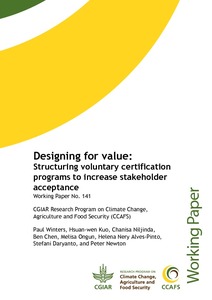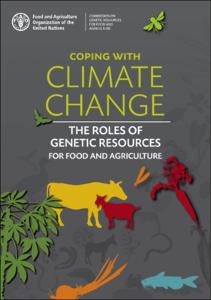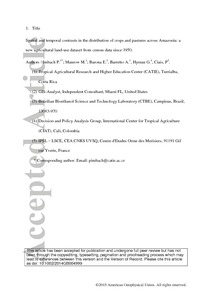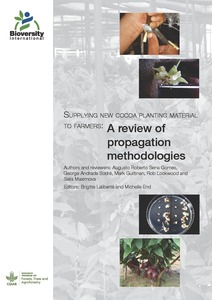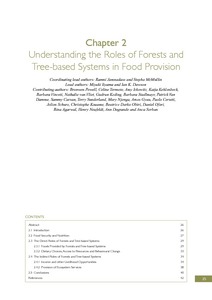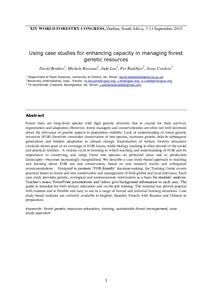Designing for value: Structuring voluntary certification programs to increase stakeholder acceptance
Voluntary certification programs are one type of intervention used to incentivize the commodity agricultural sector in tropical forest landscapes to reduce deforestation and improve sustainability. These programs encourage supply-chain actors to produce and source products according to agreed standards. We review the cases of the Roundtable on Sustainable Palm Oil (RSPO) voluntary certification program in Indonesia, and the Sustainable Agriculture Network (SAN) voluntary certification program for cattle in Brazil.

